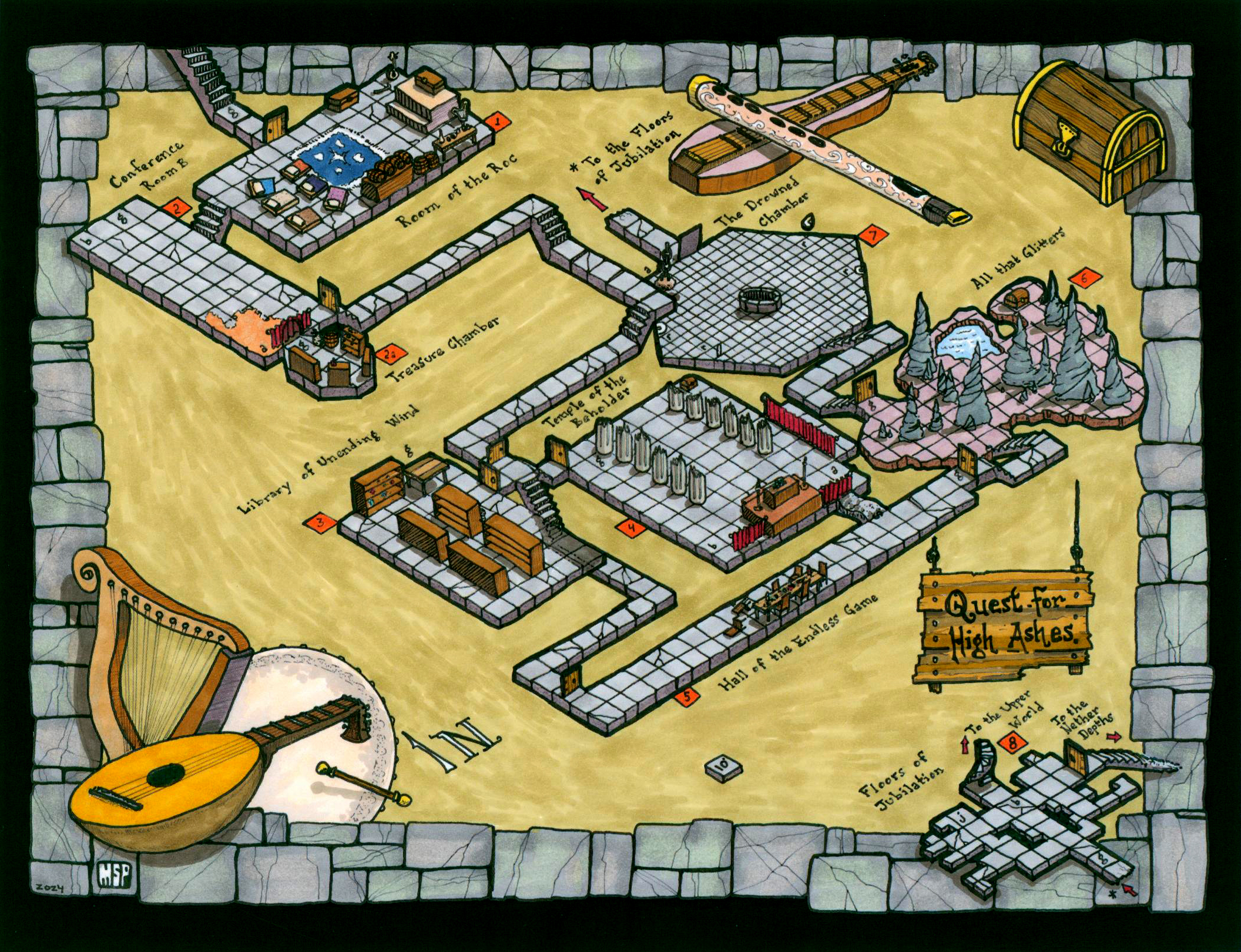On Faisal Mohyuddin’s The Riddle of Longing
Dilruba Ahmed
Faisal Mohyuddin’s poems render with exquisite beauty the depth of grief, loss, and longing complicated by the fractured backdrop of war, colonialism, and migration. His poems speak of melancholy and transformation, of imperfection and beauty.
In the meditations of “Ghazal for the Diaspora,” Mohyuddin both advises us—as in the lines, “Wish peace upon every stranger who arrives at your door, even the thief”—and warns us, “The rim of this porcelain cup is chipped, so sip with practiced caution.” In the world Mohyuddin weaves, “sad-eyed paper kites fight to stay aloft” above the dead father’s “wounded city” while “in another version of the story, loneliness mothers away the rust.”
In “Partition, and Then,” Mohyuddin portrays a mother and child border-crossing in the chaotic aftermath of the division of India and Pakistan. With an era of British rule scarring the region with a “gash,” Mohyuddin renders a moment of time reaching back into itself, one in which the girl “rolls herself back into / the womb” and the “rivers of the newly broken world / flow backwards toward the Himalayas.” As the child “takes the black / sheet of sky, folds it seven times to make a horse, / then fashions for it wings knitted from thin ribbons of wind,” Mohyuddin’s poem flickers with human potential even in the face of extreme hardship, the promise of a “long journey…weighed down by hunger, luminous / and wild.”
And in “Poems of Arab Andalusia,” Mohyuddin tenderly renders the physical world, a landscape touched with wonder, beauty, and sadness, as in “the chime-heavy / ruefulness of snow falling in great big clumps.” In this series of meditative poems, the speaker muses on the gifts and challenges of pursuing a life of the mind, wondering “if it mattered” and pondering “the vocabulary / of wholeness taken slow.” Mohyuddin’s speaker contemplates the indelible nature of memory, haunted by the voices of mothers and fathers that hum “forever in the latticed history / of our bones.” In Mohyuddin’s hands, even a landscape troubled by phantoms takes on great beauty and lyricism as “…ghosts arrive along the shore / to sing their songs / to the sea….”
Ghazal for the Diaspora
We have always been the displaced children of displaced children,
Tethered by distant rivers to abandoned lands, our blood’s history lost.
To temper the grief, imagine your father’s last breath as a Moghul garden—
Marble pool at its center, the mirrored sky holding all his tribe had lost.
Above the tussle of his wounded city, sad-eyed paper kites fight to stay aloft.
One lucky child will be crowned the winner, everyone else will have lost.
Wish peace upon every stranger who arrives at your door, even the thief—
For you never know when your last chance at redemption will be lost.
In another version of the story, loneliness mothers away the rust—
Yet, without windows in its hull, the time-traveler’s supplication gets lost.
Against flame-lipped testimonies of homesickness, the swinging of an axe.
Felled banyan trees populate your nightmares, new enlightenments lost.
The rim of this porcelain cup is chipped, so sip with practiced caution.
Even a trace of blood will copper the flavor, the respite of tea now lost.
Tell me, Faisal, with what new surrender can you evade deeper damnation?
Whatever it is, hack away, before your children, too, become the Lost.
Partition, and Then
We were looking for _______ we found _______.
—Carolyn Forché
The night is an empty basket, and the long journey ahead
promises to be weighed down by hunger, luminous
and wild. As they cross into the newly formed nation,
a child, cargo strapped to her mother’s back, takes the black
sheet of sky, folds it seven times to make a horse,
then fashions for it wings knitted from thin ribbons of wind.
Inside the brick temple of her mother’s grasping heart,
a burning nest of nightjars, their feathers flecked with both
copper’s shimmer and its blue decay. Their calls are like stones
skipping across the surface of a river. Before the new day
tears open the stillness of her reveries, the girl rests her cheek
between her mother’s shoulders, rolls herself back into
the womb. Inside, the rivers of the newly broken world
flow backwards toward the Himalayas, returning first to snow,
then to cloud. At the first blue blush of dawn, the child
begins to collect the stars, loses count, begins again, and then
again, until sleep arrives and she becomes a white ember of light,
exiled from her sky. In the distance, blindfolded theologians
straddle the gash drawn by Mountbatten’s pen, holding vials
of new blood, large spoons carved from ivory, and honey.
Poems of Arab Andalusia
Turtles cavort
in their capes of green algae
—Ibn Sarah
I.
In one of these poems, the poet
writes, “Birds trill on the branches
like singing girls / bending
over their lutes,” and when I look up,
I see them outside my window,
on this last warm day of winter,
looking not lost but adrift.
“She is an immigrant,” I read,
“from other lands.”
On the table beside me, a teapot
of steaming water, a sachet of Ceylon,
a teddy bear of honey. My father
in the curling steam. “Inside
the palanquins on the camels’ backs
I saw their faces beautiful
as moons / behind veils
of gold cloth.” Tell me, Friend,
who is it who worries so much
about the turtles, wrapped in ribbons
of foam, lounging on the lonely
beaches of Andalusia?
II.
Once a student asked you
if it mattered, all this effort
and pain, losing sleep, your health,
all the loneliness it entailed,
to puzzle through the words of
dead poets. That night, you,
a young man too, opened up
this anthology, a gift from
a friend long forgotten, and found
the answer:
Look at me,
I dress myself in the white
of white hair
in mourning for youth.
Your pillow in the morning
was a turtle swimming in a sea
of tears, carrying another
load of words. What hatched
within the sand: the vocabulary
of wholeness taken slow.
III.
as the light of wakefulness fills the body
as the whir of holiness tunes the soul
as the aftermath of heartbreak thimbles gratitude
into each passing hour
as the sweep of time
nuzzles its hot breath
against the embers
of a lived life
against spheres
of dalliance
and pleasure
IV.
Remembering: one evening, after school:
a peaceful blizzard: the chime-heavy
ruefulness of snow falling in great big clumps:
the snow falling in great big clumps:
the parking lot: a snowball fight: the snowballs
arcing through the pink sky: the snowballs
bursting open mid-flight: the snowballs
like shooting stars: the wishes
wished: the innocence of boyhood
reawakened: the perfection of it: the rest
of your life as untouched: then the morning,
years later, as you drove to school,
reminded of that evening by the white snow
of spring blossoms: how deeply you wept,
remembering that evening, the snow:
the warmth, the companionship, the unutterable
thing that waits on the other side of retirement:
the mathematics of clocks: the mathematics
of memory: the mercy of remembering,
of snowballs returning to snow.
V.
A book set on fire
provides a different kind
of warmth.
Our winged mothers taught us
to love ourselves. We are obedient
children. We are honest.
“She may not know
where the mosque is,” I read, “but she knows
the location / of all the taverns.”
Our hands hold the words
of dead poets. Time holds as still
as turtles asleep in the trees.
VI.
as the ghosts arrive along the shore
to sing their songs
to the sea
as we go from lost
to adrift
VII.
The tea has gone cold.
The student is somewhere else,
surprised by the depths
of his sadness.
Perhaps he now understands
this craving for poems.
Snow, even in June.
Snow, dusting every memory of Andalusia.
Our mothers, our fathers,
their voices
humming forever in the latticed history
of our bones.
Evening arrives, too soon.
The tree, again
a collection of vacancies.
The silences, nothings
readying for the next poem.
Let us turn the page together
and read: “There are splendors of such perfection
they all bring to mind
the beauty of absolute certainty,
the radiance of faith.”
VIII.
as we go from lost to adrift
to dust
may it be
with the urgency
of turtles
Editor’s note: We’re proud to collaborate with the Durham-based publishers Backbone Press and Bull City Press to feature work from their latest chapbooks, including Faisal Mohyuddin’s The Riddle of Longing, which is now available for purchase.

Faisal Mohyuddin is the author of The Displaced Children of Displaced Children (Eyewear Publishing, 2018), selected by Kimiko Hahn as the winner of the 2017 Sexton Prize for Poetry. The recipient of Prairie Schooner’s 2014 Edward Stanley Award, his work has appeared in Narrative, RHINO, Painted Bride Quarterly, Catamaran, Chicago Quarterly Review, Poet Lore, Crab Orchard Review, and elsewhere. He is a graduate of Carleton College, Northwestern University, and Columbia College Chicago, and is an alumnus of the U.S. Department of State’s Teachers for Global Classrooms program. Faisal teaches English at Highland Park High School in Illinois, serves as an educator adviser to the international not-for-profit Narrative 4, and lives with his wife and son in Chicago.



